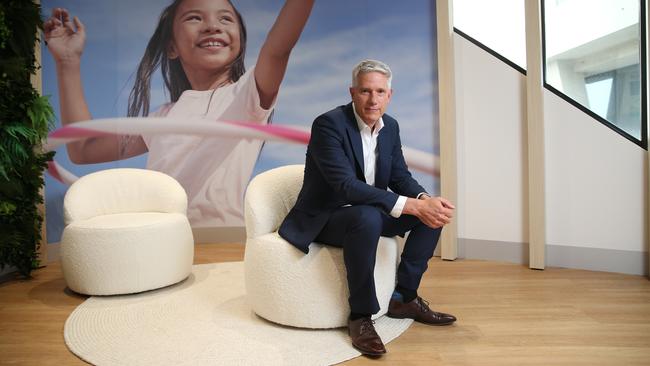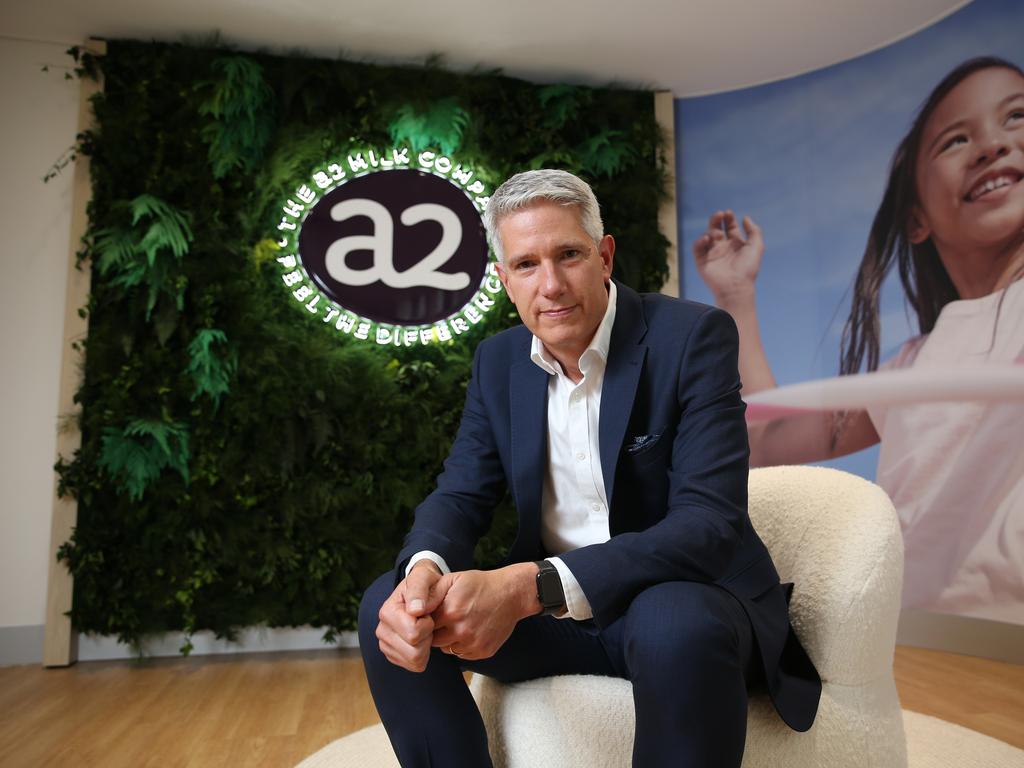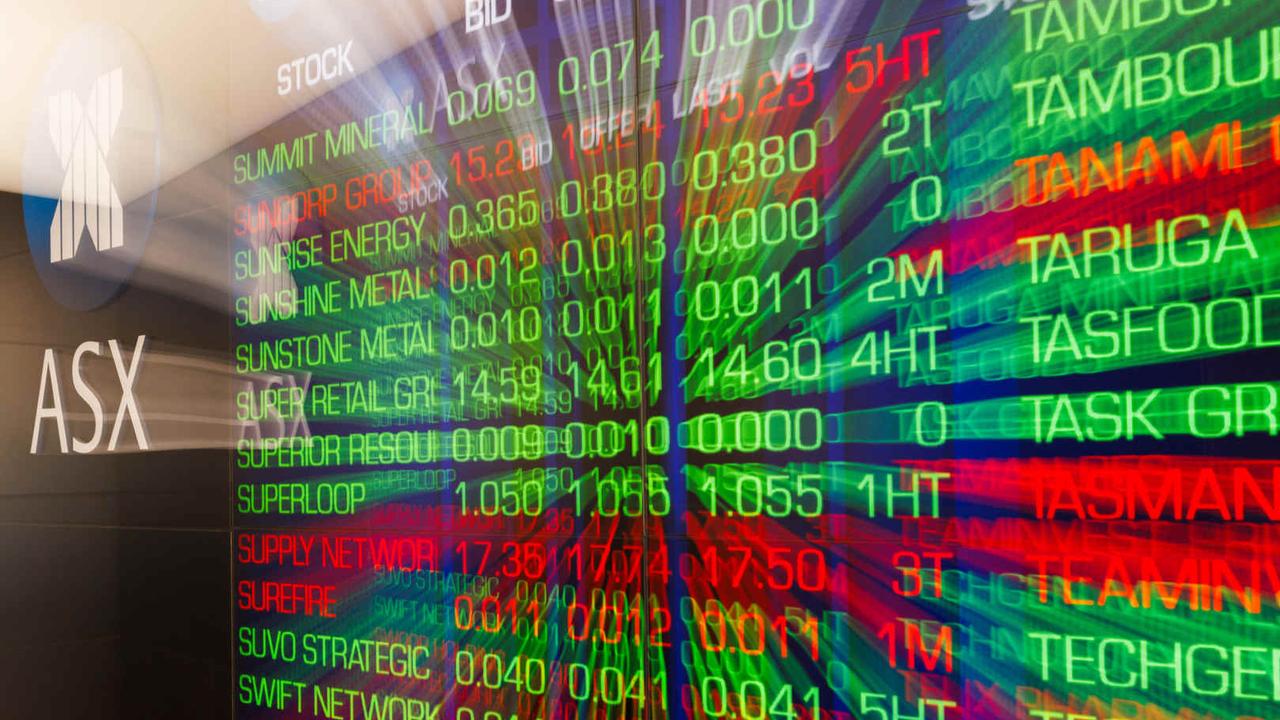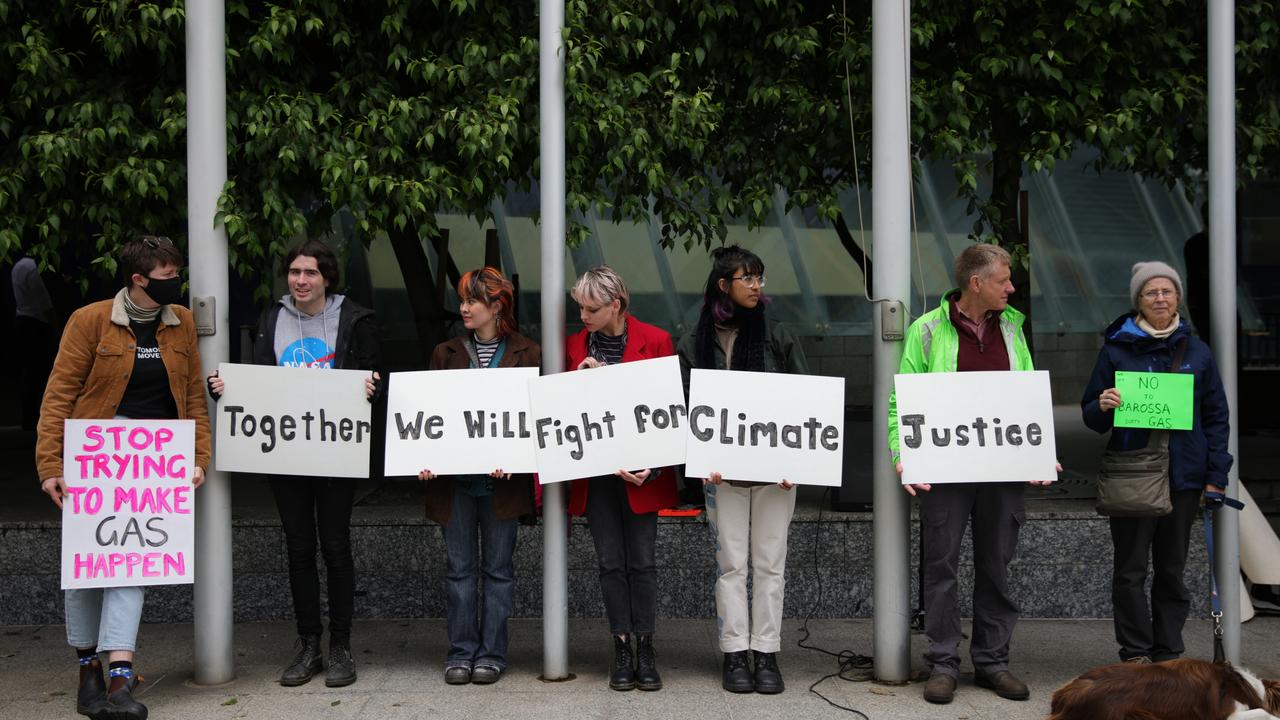A2 Milk stays the course on China, despite profit collapsing 79pc
China is both A2 Milk’s biggest risk and its biggest opportunity, CEO David Bortolussi says.

A2’s new chief executive David Bortolussi remains committed to China despite a collapse in profit, saying while the country is its “biggest risk”, it is also the company’s “biggest opportunity”.
Mr Bortolussi, who began his tenure at A2 in February, has found himself in a perfect storm, with declining birthrates in China, coinciding with the evaporation of the lucrative daigou trade, which in the past propelled the company to riches.
As a result, demand for A2’s infant formula has slumped within China, with no sign of a recovery until at least 2023.
Investors, who are yet to receive a dividend for the trans-Tasman dairy company, are therefore set for more pain after its full year net profit dive-bombed 80 per cent to $NZ80.7m ($77.4m). Meanwhile, revenue fell 30.3 per cent to $NZ1.21bn.
But Mr Bortolussi is confident its Chinese business will rebound, and it is for that reason he is mindful of not diversifying too far away from the Asian powerhouse.
He said the company was looking at driving expansion in other markets, such as the US, South Korea and south-east Asia, but that will take time and not fully replicate the opportunity that is still to be found in China.
“There’s no avoiding the fact that the China infant nutrition market is – even though it is challenging at the moment – by far the largest and most interesting opportunity for us,” Mr Bortolussi said.
“So it is both the biggest risk and the biggest opportunity for us that we must embrace. We have to invest in that to capture that opportunity going forward.
“And it’s not only in an infant milk formula, it’s also in adjacent categories. We have a small but developing business in what we call a macro milk opportunity which is all forms of milk and fresh milk, UHT and powdered products.”
But time is ticking. Nestle, the world’s biggest infant formula company, is understood to be readying to pounce on A2 after its market capitalisation fell from being twice as big as Qantas at $13bn last year to now half that of the airline.
That market capitalisation weakened further after A2’s shares plummeted 11.8 per cent to $6.05 on Thursday – bringing the past 12 months’ losses to more than 66 per cent.
But Mr Bortolussi – who is no stranger to takeovers having survived Hane’s buyout of Pacific Brands seven years ago – is not concerned about overtures from Nestle or any other company, provided they are not “opportunistic”.
“As a public company, from a shareholders’ point of view, takeovers are always possible, and sometimes can actually generate value for shareholders, so I’m not concerned about that.
“What is the concern is, is an opportunistic undervalued takeover. Our responsibility as a management team is to focus on realising the full potential of the business, and then hopefully that’ll be reflected in the share price.”
The company was caught in the crosshairs of Covid-19 vaccination advice for pregnant women. China initially advised would-be parents to delay pregnancy plans until six months after vaccination, which has slowed the country’s birthrate and demand for infant formula.
In April, China updated its advice saying there was no need to delay pregnancy after vaccination. It has been a similar situation in Australia where pregnant women were initially advised not to get vaccinated for Covid-19, before the outbreak of the Delta variant changed the risk profile and the advice. Pregnant women can now access the vaccine at any time during pregnancy.
“In China the advice that families planning pregnancy are getting from their healthcare professionals has been to delay pregnancy for six months or more after being vaccinated.
“China has been rapidly vaccinating their populations, very successfully. I don’t think that delays (in pregnancy planning) because of vaccination would fundamentally change the family planning for individuals. I’m expecting after we get through this period that there may well be a tailwind in the birthrate that we can benefit in time,” Mr Bortolussi said.
“But definitely last year and this year coming, it’s going to be very challenging for the birthrate now I’m expecting a sharp reduction.”
As a result, cross-border sales of A2’s English label Platinum infant formula dived 51.1 per cent to $NZ166m ($159.11m).
“At the moment we’re not planning for any real recovery this financial year and FY22. I do hope that by FY23 that we see some improvement and that’s for various reasons, not only for our business.”







